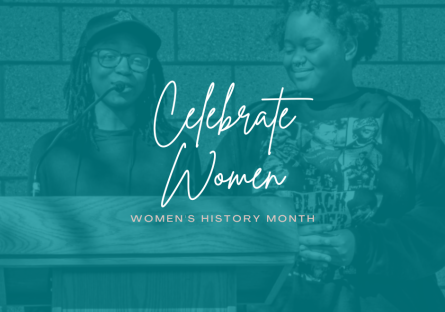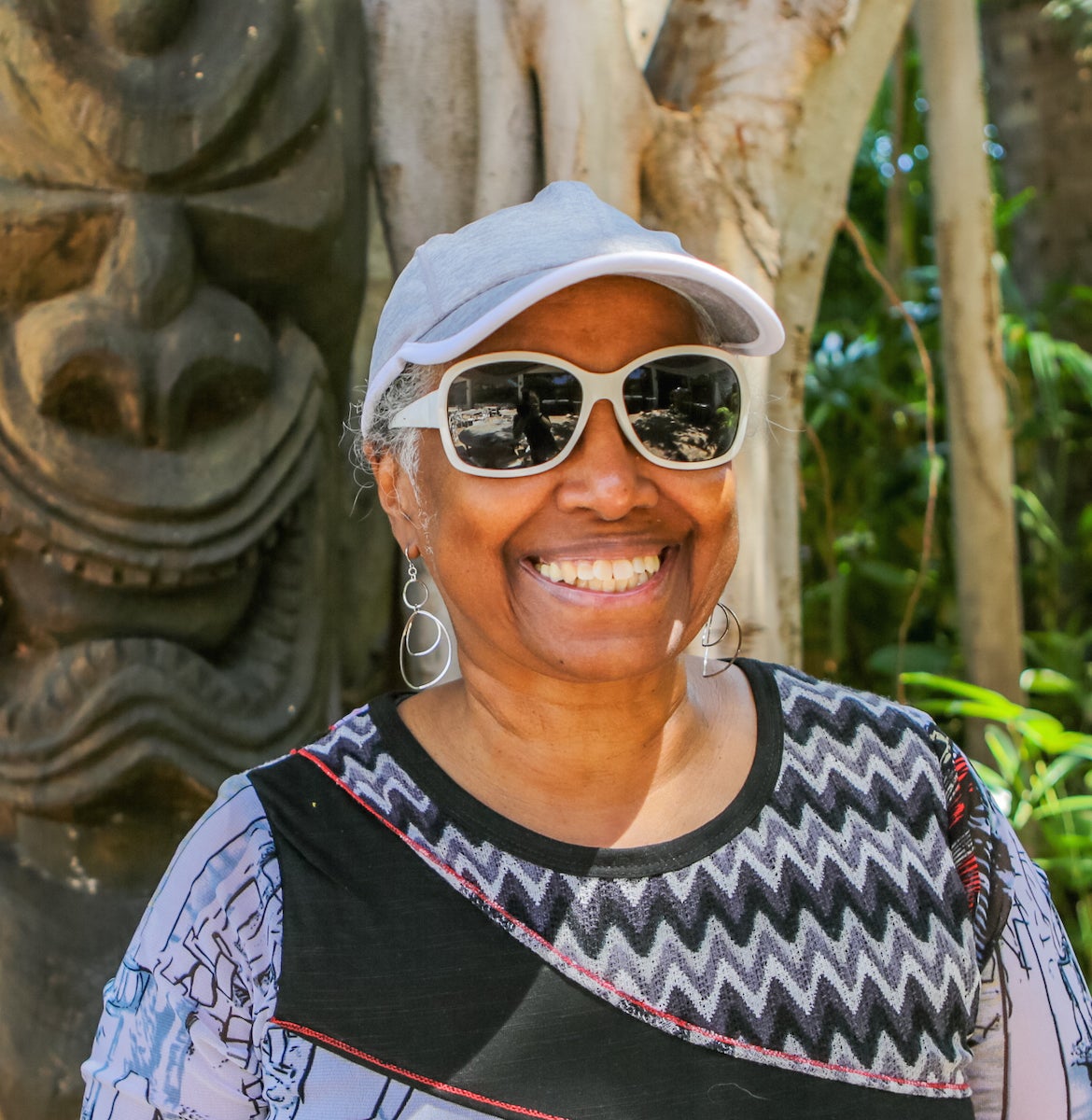
by Dr. Belinda Ramos, CGCC Psychology Faculty
I am honored that I have been asked to write a short blog for Women’s History Month. As a Black woman and matriarch, I am mindful that I am writing this on the heels of Black History Month. So, I want to frame it with a quote from Maya Angelou which appears on the Equal Justice Initiative’s National Memorial for Peace and Justice and the Legacy Museum in Montgomery, Alabama: “History despite its wrenching pain, cannot be unlived, but if faced with courage, need not be lived again”.
Now, please journey with me as I take this opportunity to share and spotlight the words and deeds of Black Women who have fueled my spirit and sparked my courage for more than 60 years.
I’ll begin with Sojourner Truth, enslaved in Ulster County New York she escaped to New York City and gained her freedom in 1827 when slavery became illegal in the state of New York. About 25 years later, she attended the Women’s Rights Convention in Akron, Ohio, and told the crowd that she could not read but could hear and then went on to explain why she was “a woman’s rights”.
Decades later, in the rural South, Black women like my Great Grandmother, Idella “Babe” Boyce, were not taught to read or write. Her parents, who were once enslaved, had lived with statutes like the 1833 Slave Code. The code included a law that stated: “Any person who shall attempt to teach any person of color or slave to spell, read or write, shall upon conviction thereof by indictment, be fined in a sum of not less than two hundred fifty dollars, nor more than five hundred dollars.”
Babe left Georgia in the 1960s and came to live with us up-South, in Illinois. She “employed” me (for nickels and orange candy slices) as her trusted scribe to pen letters to her younger sisters who remained in Georgia. Babe always exhorted me: “keep learning your letters”. She’d emphasize she wanted me to “push a pencil instead of a broom”.
And I did learn my letters, to become the first person in my family, male or female, to graduate with a doctorate degree from Northwestern, which is now one of the 10 “New Ivy” universities. Along the way I devoured poetry by Gwendolyn Brooks and Nikki Giovanni; read works by authors like Maya Angelou and Toni Morrison; and crushed on Angela Davis’ intellect and her Afro!
But I’ve never lost sight of the fact that the goals I achieved were built on the sacrifices of women in my family: my asthmatic grandmother who worked at a canning factory (Libby’s) during tomato season to help “make ends meet”; my mother who I began to understand more deeply after her death and after reading Wayward Lives, Beautiful Experiments, by Saidiya Hartman; and my Aunt Mosetta who was uncompromising in living and speaking her truth.
So, if you take away nothing else from this blog, please believe that education, especially for women and girls acts as a multiplier. Better-educated women tend to be healthier, earn more… and provide better healthcare and educational opportunities for their children.
For now, I’ll close with a mantra, sometimes spoken as an African proverb, it says: “educating a man builds a leader for many people but educating a woman builds the nation for us all."
Learn your history; value your education.
P.S. Check out this NPR link to learn about: The Zora Canon: Essential Books By African American Women.

Dr. Belinda Ramos